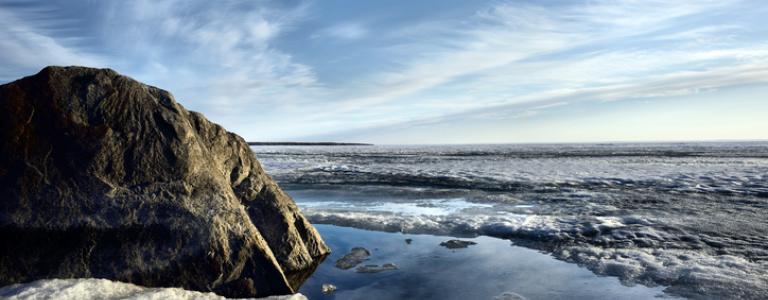AquaHacking Lake Winnipeg
The AquaHacking Lake Winnipeg 2020 Challenge concluded in October 2020 with a two-part final event.
On October 17th, the teams presented their solutions in a Dragon’s Den-style pitch competition. The teams did not make it easy on our judges, a panel of five experts who graciously took on the unenviable challenge of evaluating each team’s solution.
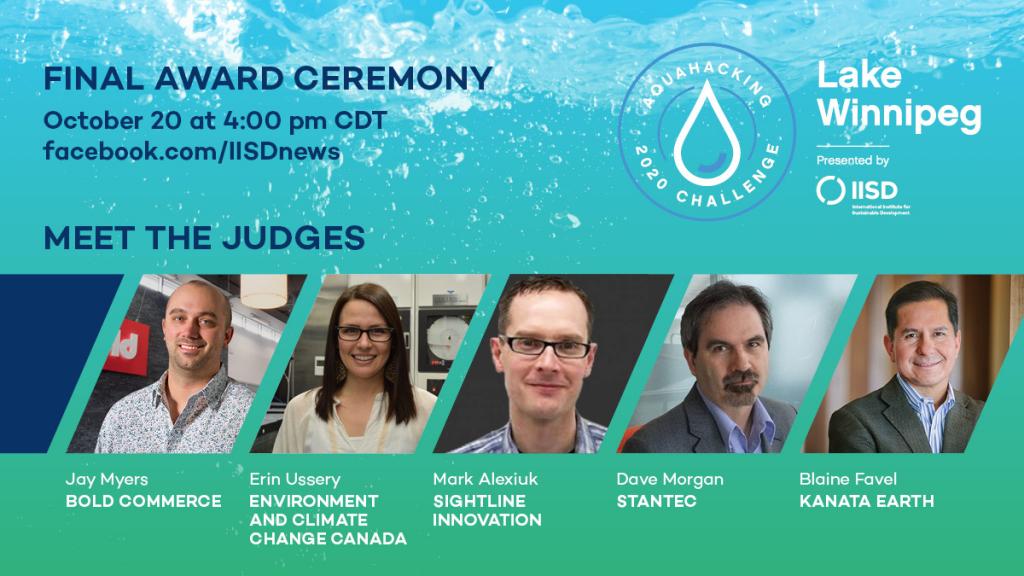
On October 20th, we held our virtual awards ceremony to announce where each team placed and celebrate their success. A recording of the final event is available here and see our final digital program book here.
Particuleye Technologies won first place, earning $20,000 in seed funding for their smart camera device capable of quantifying and classifying microplastic particles in real-time in running water using machine learning. Learn more about Particuleye Technologies here and watch their pitch here!
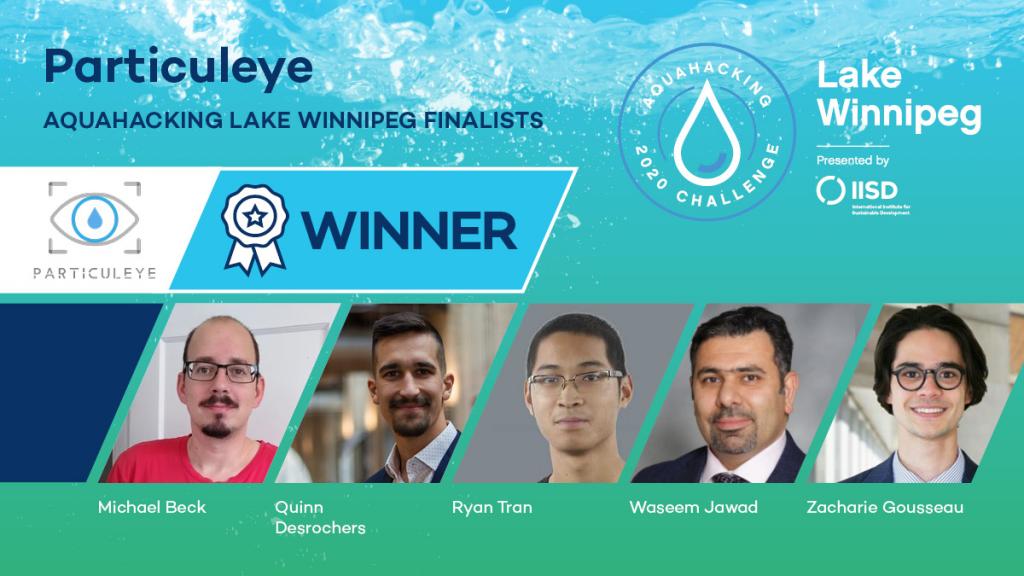
The remaining teams and their rankings are:
LasIR Nutrient Technologies took 2nd place and $15,000 in seed funding for their portable soil analysis device to help farmers more efficiently and accurately measure phosphate concentrations in soil. Watch their pitch!
Typha Co. won 3rd place and $10,000 in seed funding for their eco-packaging products made from extracted cattail fibers. Watch their pitch!
Water Secure won 4th place and $2,500 in seed funding for their localized testing hubs and live water map for tracking drinking water quality in remote communities. Watch their pitch!
AbbaTek took 5th place and $2,500 in seed funding for their software-as-a-service package, CompoundConnect, a machine learning tool for microplastics research. Watch their pitch!
Follow the AquaHacking Alumni Network for updates on all the teams as they continue working to solve freshwater issues.
We are challenging students, water researchers, developers, designers, scientists, programmers, engineers, technology enthusiasts and entrepreneurs to show us what they're made of and save one of Canada's most beloved lakes with our 2020 Lake Winnipeg AquaHacking Challenge!
AquaHacking is an exciting new tech competition where young innovators across Canada team up to develop new and innovative solutions to tackle urgent freshwater issues.
Meet water sector experts. Work on the tech. Start your business. Be part of the change.
First things first, what is AquaHacking?
AquaHacking is a start-up competition designed to support technology and business development addressing environmental problems related to fresh water. Launched by the de Gaspé Beaubien Foundation, the AquaHacking Challenge has been running in the Great Lakes and St. Lawrence region since 2015 resulting in 18 new start-ups.
This year, the International Institute for Sustainable Development (IISD)—an independent think tank home to world-class experts in freshwater science and policy—is hosting one of three regional AquaHacking initiatives which will focus on Lake Winnipeg and its watershed.
Between January and October 2020, AquaHacking will challenge students and young professionals to team up and develop innovative solutions to problems plaguing the Lake Winnipeg watershed, such as algal blooms, pharmaceuticals and microplastics.
With guidance and support from expert mentors in water, tech, and business, the multidisciplinary teams will compete to win $50,000 in cash prizes and incubator space.
So, how does it work?
AquaHacking will provide young innovators all the support and mentorship solutions to develop sustainable solutions for Lake Winnipeg. We want to create solutions that have a viable market and answer a genuine need.
We therefore engage with key stakeholders, such as environmental NGOs and water experts, to define the water issues and ensure the solutions developed are directly connected to implementing agencies and will have measurable results.
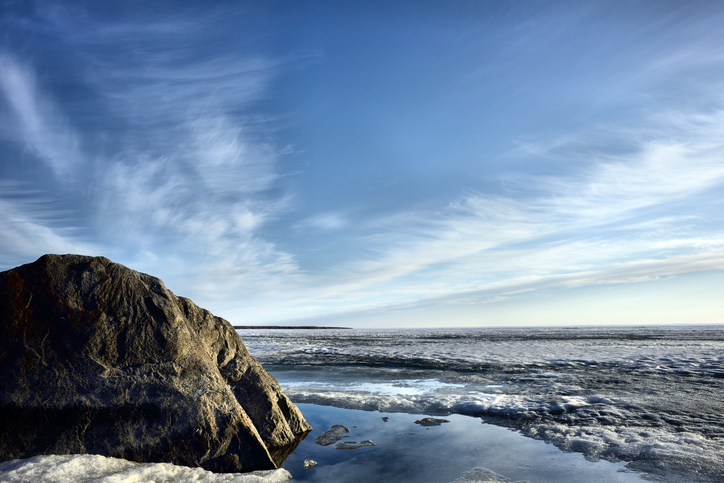
The Challenge kicks off by providing all participants with webinars led by experts in the field outlining the science, relevant data and end-users for each water issue. Throughout the challenge, teams have access to a variety of workshops and resources, as well as a dedicated group of mentors to help them develop their solutions and refine their pitches. The top five teams will be determined at the AquaHacking semi-final in June 2020, after which they will continue working on their solutions and go on a team-building expedition to IISD Experimental Lakes Area in northwestern Ontario.
The winning team will then be announced at the Dragon’s Den-style final in October 2020 in Winnipeg.
What are the challenges?
There are five main challenges focused on five of the major opportunites to improve the health of Lake Winnipeg
Water and Land Management
How can we provide agricultural producers with cost-effective solutions for water and land management? Learn more here.
Fish Health
How can we better assess fish health and populations without having to kill them? Learn more here.
Plastics
How can we keep plastics out of Lake Winnipeg? Learn more here.
Drinking Water
How can we ensure that remote, northern communities have access to clean drinking water? Learn more here.
Watershed Investment
How can we create systems that make it easy for people to invest in the health of Lake Winnipeg? Learn more here.
Why does the Lake Winnipeg watershed matter?
Lake Winnipeg is no small fish.
It is the 11th-largest lake in the world—and sixth largest in Canada—and provides homes, sustenance and recreation for millions.
Its watershed spans four Canadian provinces (Alberta, Saskatchewan, Manitoba and Ontario) and three U.S. states (North Dakota, South Dakota, and Minnesota). That watershed is nearly 1,000,000 km2 and is home to more than seven million people.
What are the major issues threatening Lake Winnipeg today?
Lake Winnipeg often suffers from algal blooms—those green, sticky layers you sometimes see on lakes—especially during the summer, which are caused by too much phosphorus leaching into the lake and its watershed. There are also many other emerging pollutants and contaminants, such as microplastics, that enter that watershed—many of which we still don't fully understand.
It is also subject to invasive species, such as zebra mussels, that impact the lake's health and can clog up its infrastructure.
And like all freshwater lakes across the globe, Lake Winnipeg continues to experience the ever-intensifying impacts of climate change and the resulting declining water levels.
National Financial Partners

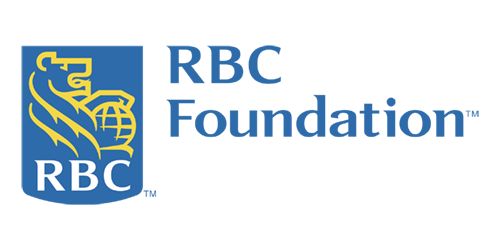
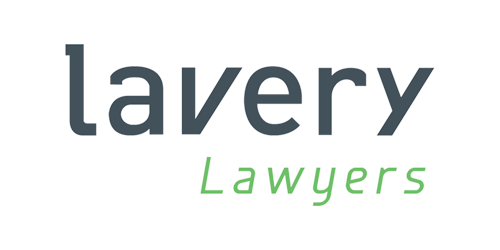

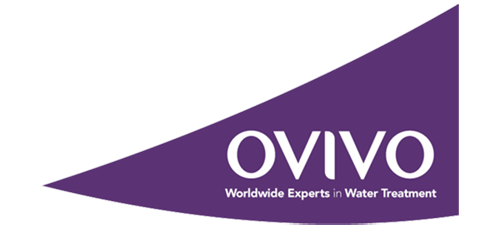

Local Sponsors

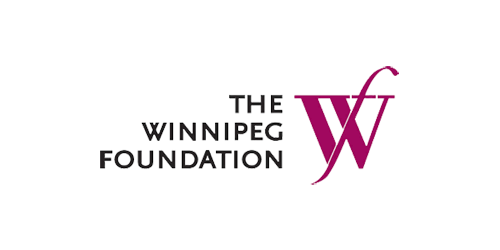

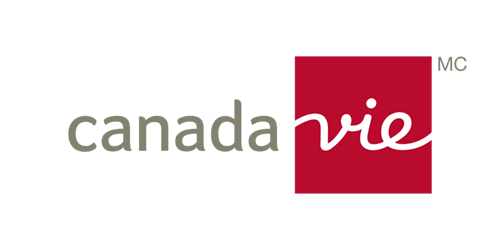
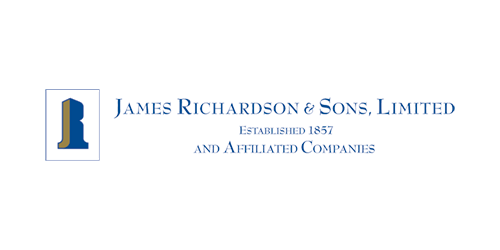



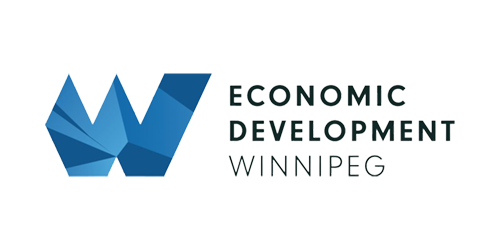
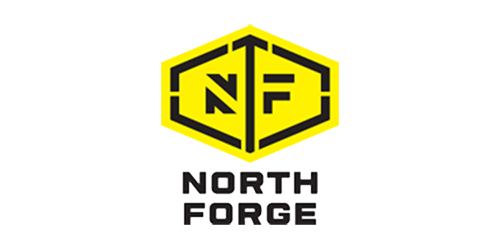
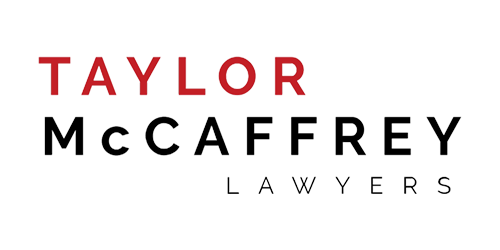
Academic Partners

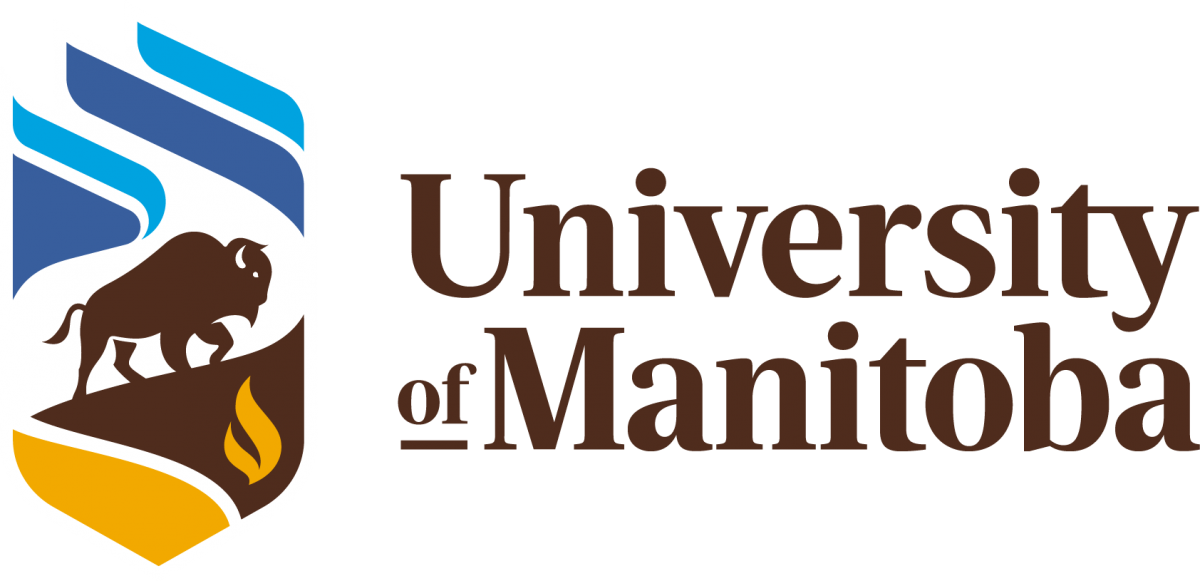

Project team
Latest
You might also be interested in
Task Force for a Resilient Recovery
With ideas from Canada and around the world, our Task Force aims for a resilient recovery—one that delivers good jobs, is positive for the environment, and addresses inequality.
IISD Next: Campus Workshop Series on Sustainability
We've joined forces with young leaders to create clear, credible resources that directly confront the realities of our present and our future.
Discovering What Oil Spills Do to Fresh Water
Groundbreaking new research into the impacts of diluted bitumen on fresh water systems.
Natural Infrastructure for Water Solutions (NIWS)
Put simply, it’s about looking after nature, so nature can look after us.
